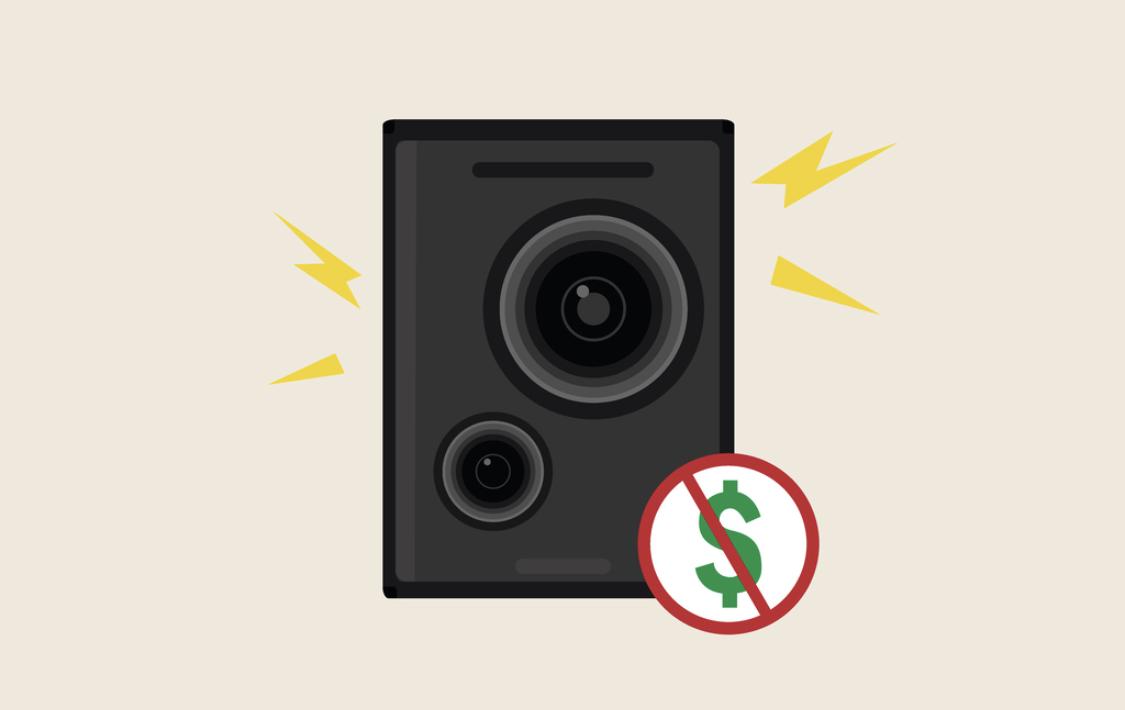The Amazon-owned streaming site Twitch is changing. But this change is not the kind of gradual evolution that occurs over the lifetime of any platform. Rather, it is inorganic, forced by a corporate bureaucracy that can kill its own community.
This is not to say that Twitch is dying; in fact, Twitch is seeing greater viewership than ever before. However, the heart of Twitch seems to be withering away. For evidence, open any stream and listen.
Twitch used to burst with copyrighted music. Creators would play whatever they felt like, and it was refreshing, especially considering that other platforms like YouTube have long been bound by copyright laws. But Twitch users knew it was only a matter of time before that would have to change. After eight years, Twitch finally started regulating content under the Digital Millennium Copyright Act (DMCA).
Just last week, Twitch made headlines when they dubbed over their own stream for copyrighted music. Even more ironically, the performance they dubbed over was Metallica playing their own songs live.
The battle between the company and its streamers came to a head in November 2020, when creators were forced to delete videos on demand (VODs) and clips that contained copyrighted music, lest they be banned from the platform. For many long-time streamers, this meant taking down years’ worth of archived video content from Twitch.
UMBC freshman MCS major Evan Saverino, who is a Twitch streamer, said that “even with me just having a year or so into Twitch, if I were to lose what I have now, that would be devastating. It’s scary that this business with no face can take [so much of] your life away with just the click of a button if they don’t like the music you played on your stream.”
DMCA issues not only affect streaming culture but are also counter-intuitive for musicians. Saverino explained, “if you think about it, Twitch streamers playing music in a stream is a form of advertisement.” People make playlists of music played on streams that get thousands of views, ultimately promoting the artists and their songs. By enforcing DMCA so harshly, musicians are also missing out on potential growth.
This pressure on creators has only increased since last November. Twitch has become notorious for handing out bans and censoring streams at the slightest reference to a copyrighted song or a banned word. Twitch has also recently expanded its Hateful Content and Harassment policy as well.
Rules of conduct are necessary to maintain a safe environment, but Twitch’s policy has become vague and far-reaching. In late December, popular streamer JustaMinx was banned for saying “simp” on her stream. The term, which has become a running joke on the platform, was deemed a “hateful slur” by Twitch, along with words like “virgin” and “incel.”
Even more recently, Twitch changed the PogChamp emote, a staple of Twitch culture, after Ryan “Gootecks” Gutierrez, the face of PogChamp, posted tweets supporting the Capitol Hill riots. Despite no longer having much personal affiliation with Twitch, the company felt it was necessary to remove his face from PogChamp.
As a result of these recent changes, there has been a palpable shift in the way many streamers and viewers interact on Twitch. Some streamers are afraid their words will be taken out of context, and the possibility of losing their careers to accidental inclusion of a copyrighted song adds an additional layer of tension.
Many viewers, too, have become hyper-aware of music. When viewers hear a copyrighted song, the chat can explode with warnings of DMCA strikes. Not only that, but many chatters no longer feel comfortable making jokes that could fall under the overly broad harassment policy.
Ultimately, Twitch is losing what draws so many people to the platform in the first place — freedom. This freedom has allowed so many creators to make unique content and allowed viewers to openly and unabashedly participate in streams. Heightened censorship restricts interaction between streamers and their audiences. If this goes on, one wonders how Twitch will survive.


